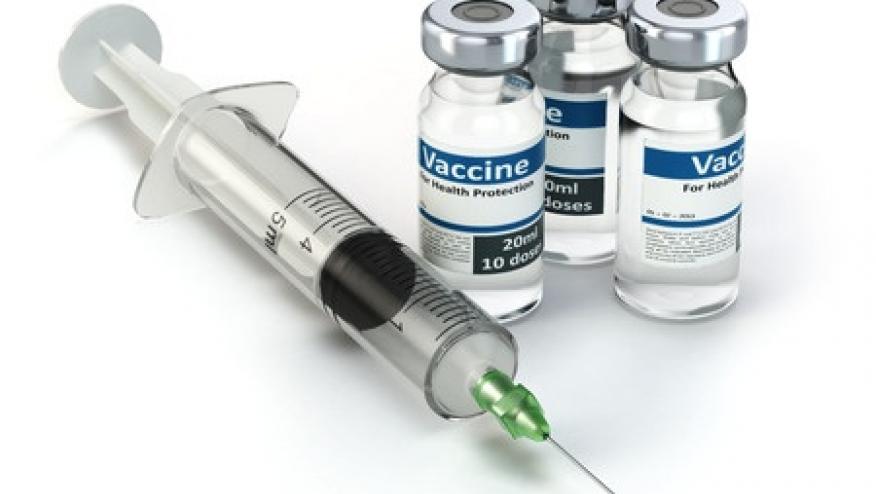Shingles Vaccine Lowers Risk of CVA Save

Shingles infection has been historically linked to an increased risk of stroke. A new study found that Zoster Vaccine Live, one type of shingles vaccination, may prevent some older adults from having a stroke.
These preliminary results were presented at the American Stroke Association’s International Stroke Conference 2020 in Los Angeles.
“One in three people who have had chickenpox develop shingles in their lifetime,” said Quanhe Yang, Ph.D., lead study author and senior scientist at the Centers for Disease Control and Prevention (CDC) in Atlanta, Georgia. “The Zoster Vaccine Live helps to prevent shingles and reduces the risk for shingles by about 51%. But its effect declines with increased age, about 64% in people 60-69 years, about 41% for ages 70-79 years and about 18% in those 80 years or older.”
To help determine if the shingles vaccine reduces the risk of stroke, Yang and colleagues reviewed the Medicare health records of more than one million Medicare fee-for-service beneficiaries age 66 or older who had no history of stroke and who were vaccinated with the Zoster Vaccine Live between 2008 and 2014, and followed them for an average of almost four years.
Compared to matched controls, receiving the shingles vaccine lowered the risk of stroke by about 16%, lowered the risk of ischemic (clot-caused) stroke by about 18% and lowered the risk of hemorrhagic (bleeding) stroke by about 12%.
The vaccine’s protection was strongest among people ages 66 to 79 years.
Among those under the age of 80 years, the shingles vaccine reduced the risk of stroke by nearly 20% and in those older than 80, reduced the risk by about 10%.
“The reason for increased risk of stroke after a shingles infection may be due to inflammation caused by the virus,” according to Yang.
“Approximately one million people in the United States get shingles each year, yet there is a vaccine to help prevent it,” said Yang. “Our study results may encourage people ages 50 and older to follow the recommendation and get vaccinated against shingles. You are reducing the risk of shingles, and at the same time you may be reducing your risk of stroke.”
This study was conducted when the only shingles vaccine was Zoster Vaccine Live (available since 2006). The newest shingles vaccine, Adjuvanted, Non-Live Recombinant Shingles Vaccine (available since 2017), confers even greater protection and is now the preferred vaccine recommended by the CDC’s Advisory Committee on Immunization Practices. Two doses of Adjuvanted, Non-Live Recombinant Shingles Vaccine is more than 90% effective at preventing shingles and is recommended for adults age 50 and older.
Future studies are needed to confirm the link between Zoster Vaccine Live and stroke and to determine any association between Adjuvanted, Non-Live Recombinant Shingles Vaccine and risk for stroke.
Co-authors included Anping Chang, M.S.; Xin Tong, M.P.H.; and Robert Merritt, M.A.
The U.S. Centers for Disease Control and Prevention funded this study.










If you are a health practitioner, you may Login/Register to comment.
Due to the nature of these comment forums, only health practitioners are allowed to comment at this time.